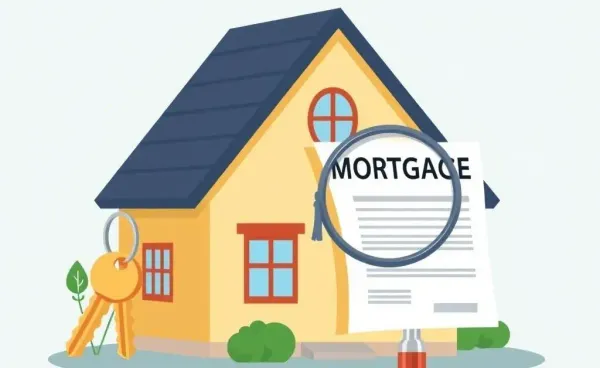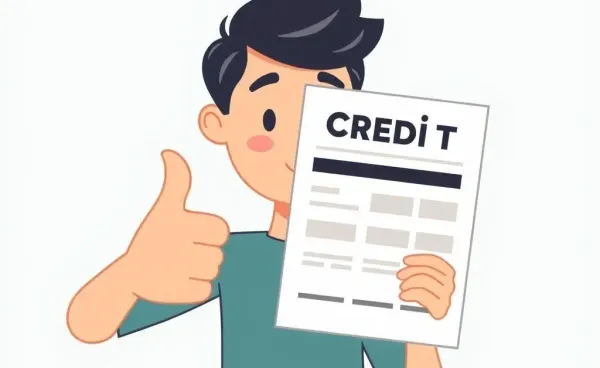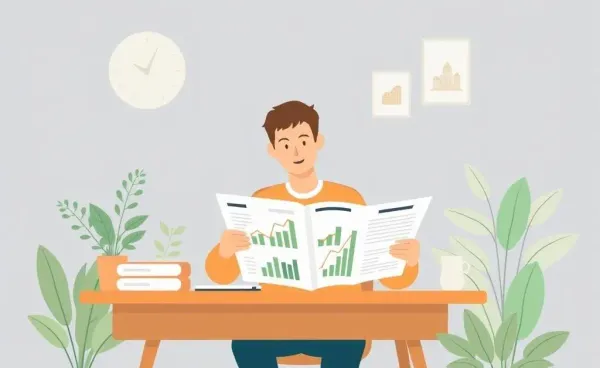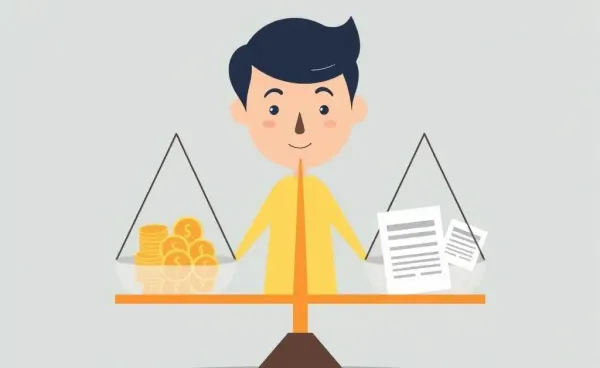Feeling Behind Financially in Your 30s? Here's How to Catch Up
Practical tips to get back on track financially in your 30s. It's never too late to reset your financial future.

Have you ever found yourself in your 30s, scrolling through social media, and suddenly feeling like everyone else has their life together except you? I've been there, and it's not a great feeling. Whether it's compared to friends who are buying their second home or colleagues who seem to have the perfect investment portfolio, it can feel like you’re stuck at the starting line of a race you didn’t even know started. But don't worry; you're not alone, and it's never too late to course-correct.
Where to Start: Assess Your Current Financial Situation
Before you can plot a course for financial freedom, you need to know where you currently stand. Take a deep breath, grab a cup of coffee, and let's dive into the numbers.
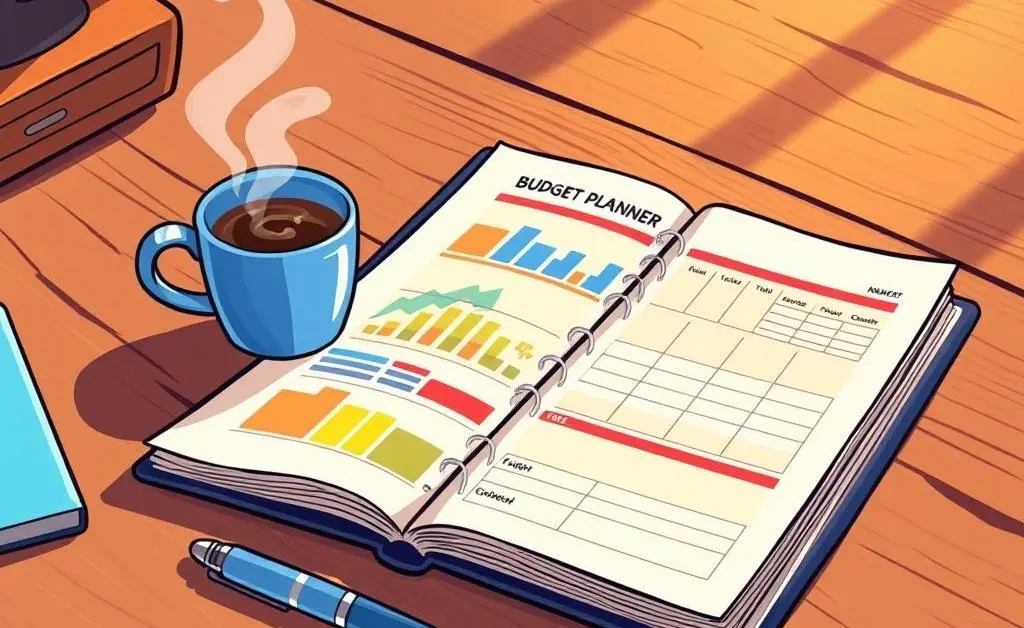
Setting Up a Budget
First, outline your income and expenses. This means everything—from rent and groceries to those sneaky streaming subscriptions. Consider using tools like apps that streamline this step, making it far less overwhelming. Then, compare what you earn versus what you spend. Ideally, this exercise will reveal areas where you can trim the fat.
Emergency Fund: A Safety Net
If you haven't already, start building an emergency fund. Financial experts often suggest setting aside three to six months’ worth of living expenses. It’s like ensuring your house is built on a solid foundation—it might not feel exciting now, but you’ll thank yourself later.
Investing: It's Simpler Than It Sounds
Okay, you've got a budget and an emergency fund. Now let's talk investments, something daunting for many, but hugely important.

Get Started, Even If It's Small
You might think you need a lot of money to start investing, but that’s a common misconception. Begin with small investments—consider index funds or robo-advisors, which can be a more hands-off approach. The key is to start now, so compound interest becomes your best friend over time.
The Power of Financial Literacy and Community
Sometimes catching up is easier with a bit of support and knowledge—two things that are more interconnected than you might think.

Build Your Financial Knowledge
Educate yourself by reading personal finance books, taking online courses, or listening to podcasts. Knowledge really is power when it comes to money. It can provide not only practical insights but also the confidence to make bold financial decisions.
Seek Professional Help When Needed
There's no shame in consulting a financial advisor if you feel stuck. An expert can provide personalized guidance tailored to your unique circumstances.
Are you feeling a bit more optimistic now? Remember, the journey to financial stability is a marathon, not a sprint. With the right tools and mindset, you can transform your financial future, one step at a time. What’s your next financial goal? Feel free to share your thoughts in the comments below!

